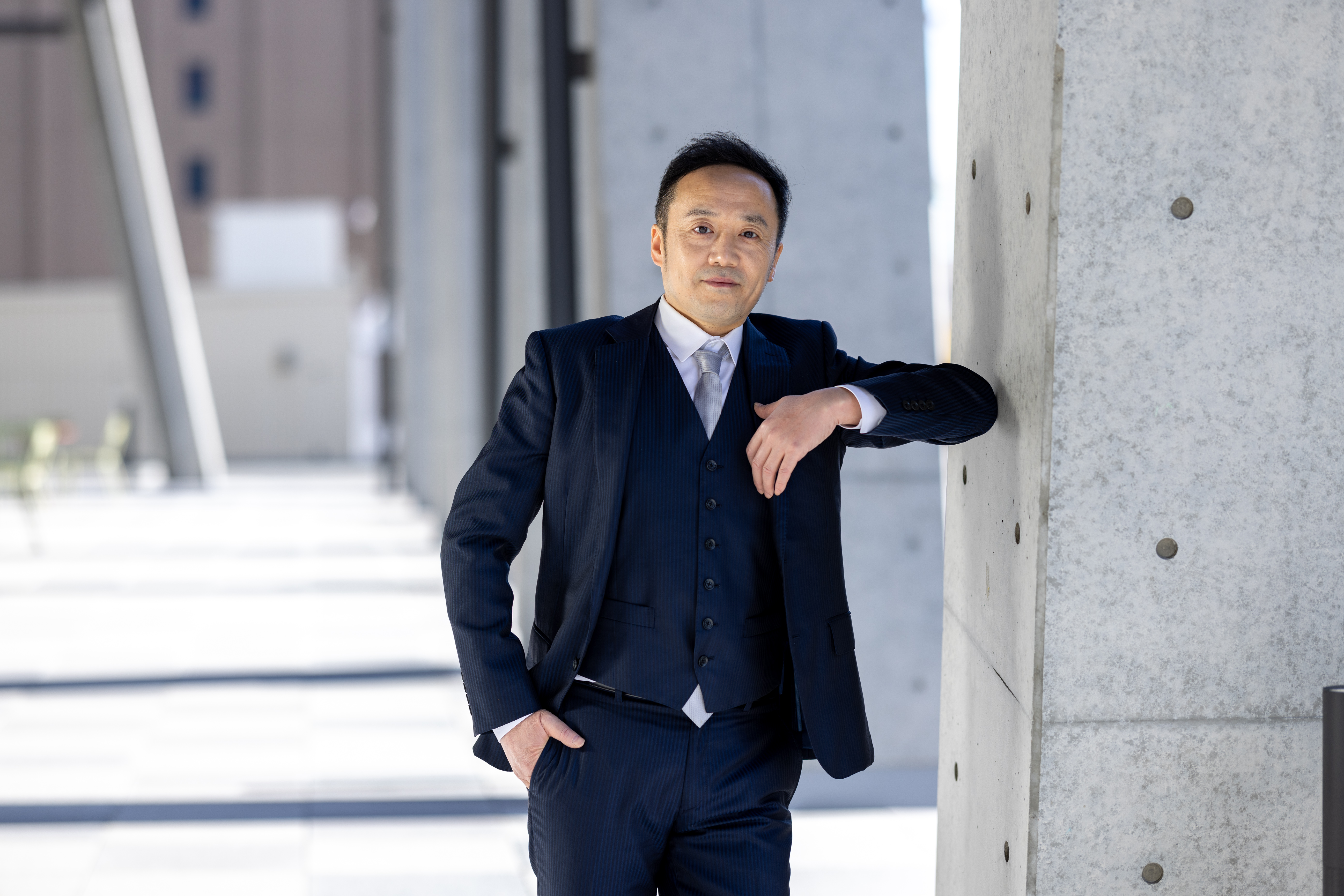
Dr. Liu Wenbing, Associate Professor, Studies in Language and Society, Graduate School of Language and Culture
“My life dedicated to cinematography”
As someone who was born and raised in China, I still have vivid memories of the impact Japanese films had on me in my youth. I was completely mesmerized by Ken Takakura’s charismatic on-screen presence and the gorgeous smiles of Momoe Yamaguchi. This encounter is the reason why I came to Japan to study film and have dedicated my career as a researcher of Japanese cinematography.
After completing my PhD in 2004 at the Graduate School of Arts and Sciences at the University of Tokyo with a dissertation entitled The Formation and Transformation of Images of Shanghai in Film (Eiga ni okeru Shanghai Imeeji no Keisei to Hensen), I have been dedicating my life to research, namely a study on the historical exchange between Japanese and Chinese cinematography. Through this research project, combining close analysis of the film works and interviews of the people who were directly involved in making of these films, I finally succeeded in presenting a vivid picture of the total history of the Sino-Japanese interaction in cinematography. It was a synthesis of the views of both film producers and viewers, either Chinese or Japanese, and it shed light on many aspects of the history, which were left unnoticed.

The research has led to publication of eight Japanese books, such as The History of Exchange in Japanese and Chinese Film (Nicchū Eiga Kōryūshi) (2016) and Japanese Filmmakers and China (Nihon no Eiga Sakka to Chūgoku) (2021). I even had the honor of interviewing Ken Takakura as part of this research.
The research on Chinese films in Japan has been predominantly empirical, focusing on historical facts featured in the movies. But my research produced some resonance in the field because, in contrast to the conventional approach, I made a point to locate historical symbols presented in the movies themselves, using the latest image-analysis theories. Of particular note was an original inquiry into 1980s Chinese cinema that I conducted for my book entitled The Exuberant Golden Age of Chinese Film (Chūgoku Eiga no Nekkyōteki Ōgonki) (2012). This book was also translated into Korean and received substantial domestic and international attention.
Currently, my research focuses on film adaptations of manga originals. I am also planning an international symposium at Osaka University with researchers both from Japan and from overseas. I will further endeavor to bring an outsider's view in the study of Japan's cinematography, and to disseminate my findings to students and the society as a whole.
Edit: Kim Mawer, Christopher Bubb